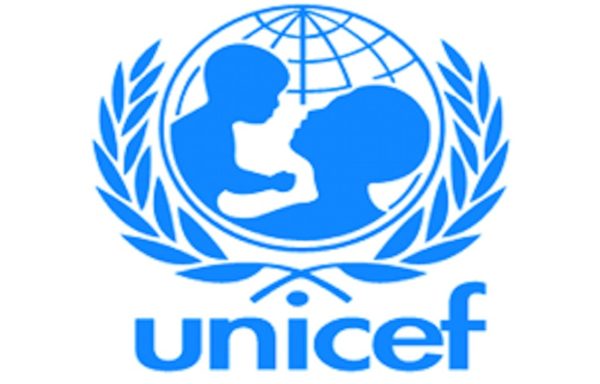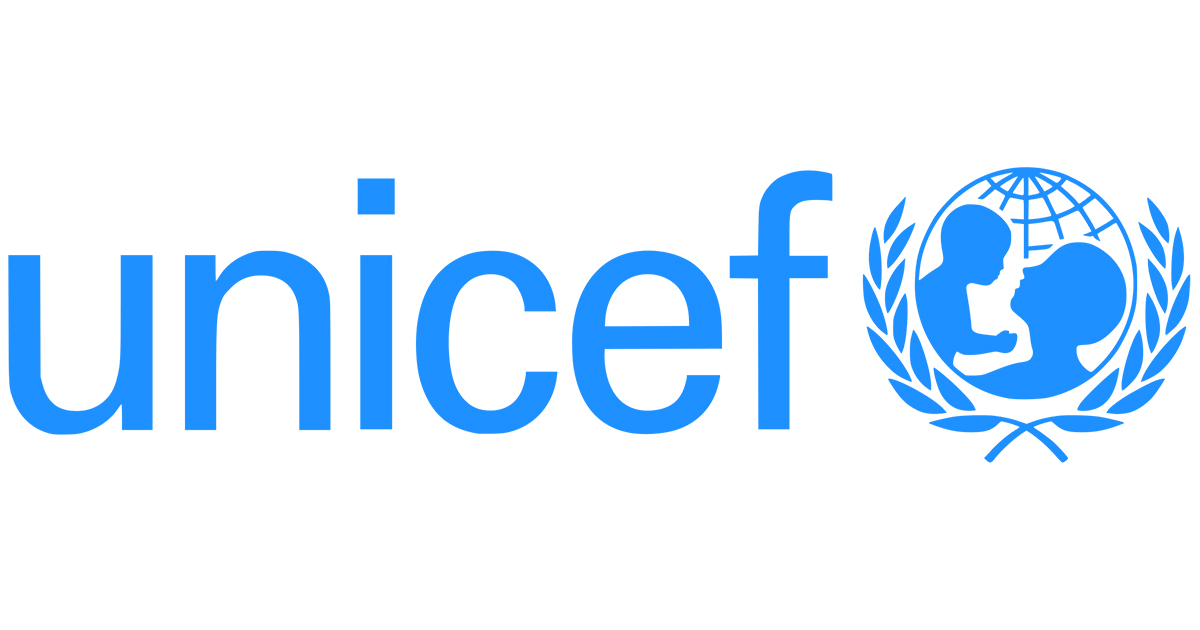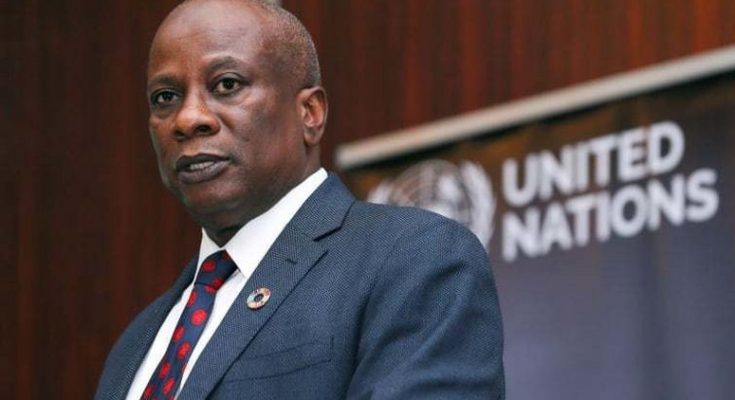UNICEF today said that Nigeria is facing a critical moment of choice, wherein children can either be protected from a host of preventable diseases – or face an uncertain future and possibly dire health prospects.
The call came as UNICEF and the World Health Organization (WHO) warned of an alarming decline in global vaccine coverage due to a COVID-19 pandemic that is disrupting the delivery and uptake of immunization services around the world.
“This is a critical moment for Nigeria’s children. We can either seize it – or condemn millions of children to preventable illness or even death,” said Peter Hawkins, UNICEF’s Representative in Nigeria.
“We are in a strong position here in Nigeria – we have a full stock of routine immunization vaccines and can use the strong community outreach programmes across the country, not only to prevent the spread of COVID-19, but to also ensure children receive vaccinations for diseases we can easily prevent. We must seize this moment to be creative and act wisely,” said Dr Faisal Shuaib, Executive Director of Nigeria’s National Primary Health Care Development Agency (NPHCDA)
Global disruptions due to the COVID-19 pandemic are threatening to reverse hard-won progress in immunization rates worldwide, according to new data by WHO and UNICEF.
At stake is critical progress made over the last decades in reaching more children and adolescents with a wider range of vaccines, including in Nigeria. However, despite this progress, Nigeria still contributes 30 percent of the global number of unimmunized children between the ages of 0 and 5.
“We have a long way to go to ensure greater protection for children against disease – and vaccination rates, including against the highly contagious and deadly measles virus, are in danger of lapsing,” said Peter Hawkins. “Let’s seize this moment to reimagine how we bring vaccinations to children, leveraging on existing community structures for COVID-19 prevention, to improve vaccination rates too – and ensure a brighter and healthier future for Nigeria’s children.”
The global vaccination coverage rate with the third dose of the vaccine against diphtheria, tetanus and pertussis (DTP3) has plateaued at 85 per cent since 2010. In Nigeria, numbers show that routine immunizations in the first 6 months of 2020 have dropped compared to the same period in 2019 – indicating a deterioration in important routine vaccination coverage, due to COVID-19.
“No Nigerian child should die from a preventable disease that can be easily prevented with an affordable vaccine that is readily available within our borders. Let us not let COVID-19 distract us from the work we still need to do to ensure that EVERY Nigerian children receives their full routine immunizations,” said Peter Hawkins.
COVID-19 disruptions
Due to the COVID-19 pandemic, at least 30 measles vaccination campaigns around the world were or are at risk of being cancelled, which could result in further outbreaks in 2020 and beyond.
“We already knew the challenge of vaccinating every child was daunting, and now we know that COVID-19 has made a challenging situation even worse,” said UNICEF Executive Director Henrietta Fore. “We must halt a further deterioration in vaccine coverage and reinforce vaccination services before children’s lives are threatened by other outbreaks. We cannot trade one health crisis for another.”
Stagnating global coverage rate
Given stagnating global coverage levels, the likelihood that a child born today will be fully vaccinated with all the globally recommended vaccines by the time she will be 5 years is less than 20 per cent.
The analysis shows that in 2019, nearly 14 million children did not receive any of the life-saving vaccines such as measles, diphtheria, tetanus or pertussis. Two-thirds of these children are concentrated in ten countries: Nigeria, India, Democratic Republic of the Congo, Pakistan, Philippines, Ethiopia, Brazil, Indonesia, Angola and Mexico.
Countries that had recorded significant progress, such as Ethiopia and Pakistan, are now at risk of backsliding if immunization services are not restored as soon as feasible.
“We must reimagine immunization in Nigeria and build back better, despite the pandemic,” said Peter Hawkins.
“We can do this by building the confidence of caregivers in accessing immunization services, reaching out to people where they are to ensure they understand the importance of these vaccinations for their children’s lives, and protecting healthcare workers so that they can deliver these services safely and effectively.”




